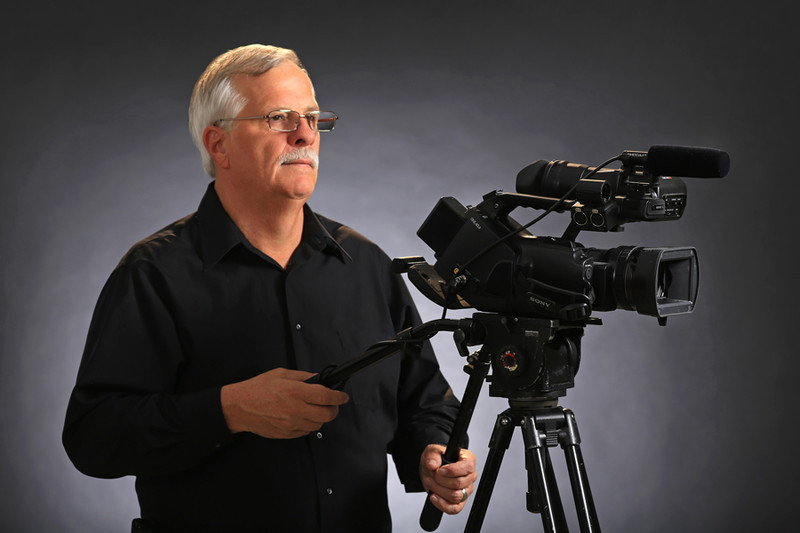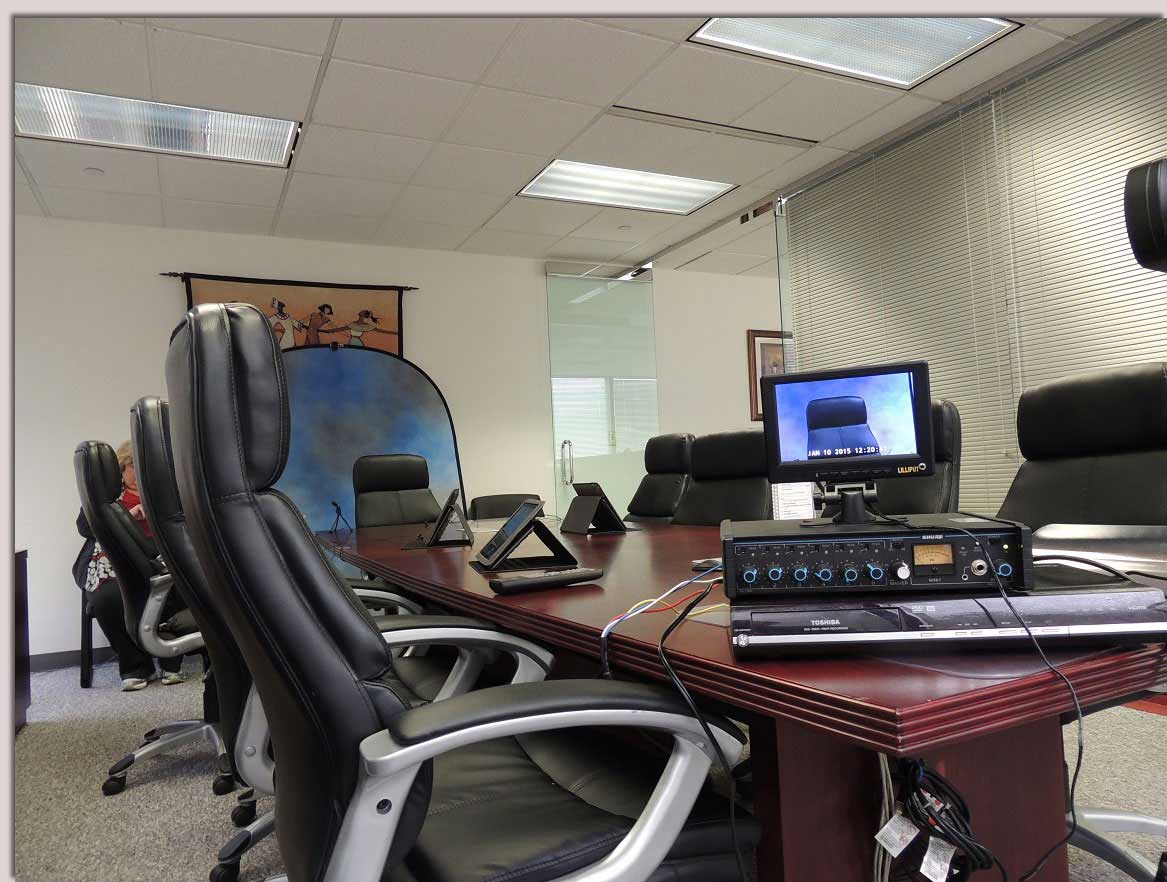The Function of Legal Videography in Depositions and Trials
Legal videography has arised as an important device in both depositions and trials, supplying a complex strategy to recording witness testimonies. By recording not only the spoken word but likewise the subtleties of non-verbal communication, this tool enhances the credibility of testaments and maintains important proof for future process. As lawyers increasingly acknowledge its value, it prompts a deeper evaluation of just how these visual records can affect juror perceptions and test results. What ramifications might these developments hold for the future of lawful method?
Relevance of Lawful Videography
Lawful videography plays an essential role in the paperwork and presentation of depositions and trials. This specific field integrates technical abilities with legal understanding to develop a trustworthy document of procedures that can substantially affect case outcomes. The aesthetic element of lawful videography enhances the understanding of witness statement, enabling jurors and judges to observe not just the spoken words yet additionally the temperament, emotions, and body movement of the witnesses.

The relevance of lawful videography extends beyond the courtroom; it additionally plays an important role in protecting evidence for future reference, whether for appeals or additional lawsuit. Thus, its integration right into the legal process is essential for making certain a reasonable and accurate depiction of the facts, inevitably adding to the pursuit of justice.

Refine of Legal Videography
While catching the subtleties of depositions and tests, the process of lawful videography entails a number of crucial steps that ensure high-quality, exact recordings. A professional lawful videographer prepares by reviewing the case products and recognizing the particular requirements of the deposition or trial. This prep work consists of acquainting themselves with the individuals and the context, which aids in capturing significant details.
On the day of the recording, the videographer establishes the essential devices, which usually includes high-definition cams, microphones, and proper illumination. Making certain optimal angles and sound quality is critical, as it directly influences the efficiency of the recording. The videographer communicates with lawyers and individuals to establish methods, making sure that everybody recognizes the recording process.
Throughout the deposition or trial, the videographer meticulously tape-records the proceedings, paying attention to both spoken and non-verbal hints. legal videography. This includes catching the demeanor and reactions of witnesses and attorneys. After the session wraps up, the videographer may modify the footage for clarity and conformity with lawful criteria, generating a last product that accurately reflects the procedures for future reference and use in legal contexts
Benefits in Depositions
The incorporation of videography in depositions supplies many advantages that boost the general procedure of gathering proof. One main advantage is the capability to catch witness testimonies with aesthetic and auditory integrity, providing an extra precise representation of the witness's attitude, tone, and body language. This multidimensional method enables attorneys and juries to evaluate reputation better than standard written transcripts alone.
In addition, videographed depositions function as a powerful device for preserving testament. Should a witness come to be not available for trial, their tape-recorded deposition can be played in court, ensuring that their evidence continues to be obtainable and pertinent. This facet substantially reduces the danger of shedding vital info that could influence case end results.
In addition, using lawful videography promotes much better prep work for lawyers. Reviewing video footage enables lawful groups to examine and refine their techniques, determining staminas and weaknesses in their situations. This preparatory advantage can lead to even more engaging presentations in court.
Finally, videography improves the overall professionalism and trust of the deposition process, instilling self-confidence in clients concerning the thoroughness of their legal depiction. By leveraging modern technology, attorneys can significantly boost the effectiveness of depositions.
Effect On Trials
In numerous trials, the integration of videography can dramatically influence the discussion of proof and the court's assumption. Legal videography catches witness testimonies and vital evidence in a dynamic format, enabling jurors to engage with the material on several levels. This visual part boosts the storytelling aspect of a test, supplying context and psychological resonance that conventional text-based evidence may lack.
In addition, video clip recordings can offer as powerful devices for impeachment during cross-examination. When discrepancies emerge between a witness's prior statements and their court room testament, video clip evidence provides an objective referral that can sway jurors' opinions. This immediacy and clarity can boost the reliability of a celebration's story while concurrently threatening opposing debates.
In addition, making use of videography can aid simplify complicated information, making it more easily accessible to jurors that might struggle to grasp complex information provided only with spoken statement. By incorporating visuals with more information acoustic information, legal videography can enhance retention and understanding, ultimately influencing the jury's decision-making procedure. The influence of videography in trials prolongs beyond simple aesthetic appeals; it plays a critical role in shaping the lawful landscape and results.
Future Trends in Legal Videography
As we look towards the future of lawful videography, numerous arising trends assure to reshape its role within the court. One considerable pattern is the integration of expert system (AI) in video clip analysis and editing and enhancing - legal videography. AI can enhance the process of identifying Visit Your URL key moments in videotaped depositions, permitting lawyers to swiftly access appropriate material, thereby enhancing efficiency in situation prep work
Furthermore, the increase of online reality (VR) and boosted reality (AR) technologies is anticipated to transform exactly how jurors experience evidence. By submersing jurors in a simulated atmosphere, these innovations can give an extra profound understanding of intricate scenarios, resulting in even more educated considerations.

Additionally, the enhancing demand for remote depositions, sped up by the COVID-19 pandemic, will likely proceed. Legal videographers will certainly require to adapt to brand-new software program and systems to make certain top quality recordings in virtual setups.
Lastly, the expanding emphasis on information safety and security will necessitate more stringent methods for keeping and sharing video clip evidence. As the lawful landscape develops, legal videographers should stay abreast of these fads to keep their relevance and click now efficiency in the judicial procedure.

Final Thought
In summary, legal videography serves a critical function in the judicial procedure, boosting the honesty of depositions and tests. As technology continues to evolve, legal videography is positioned to further change its function within the legal landscape.